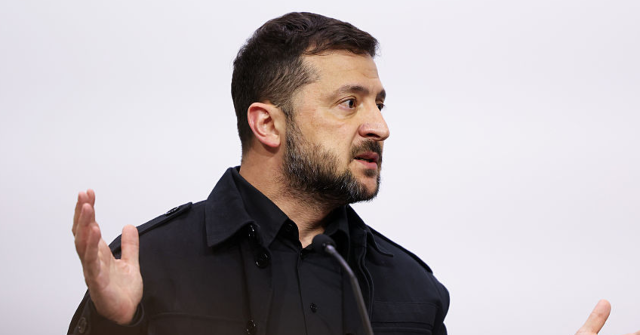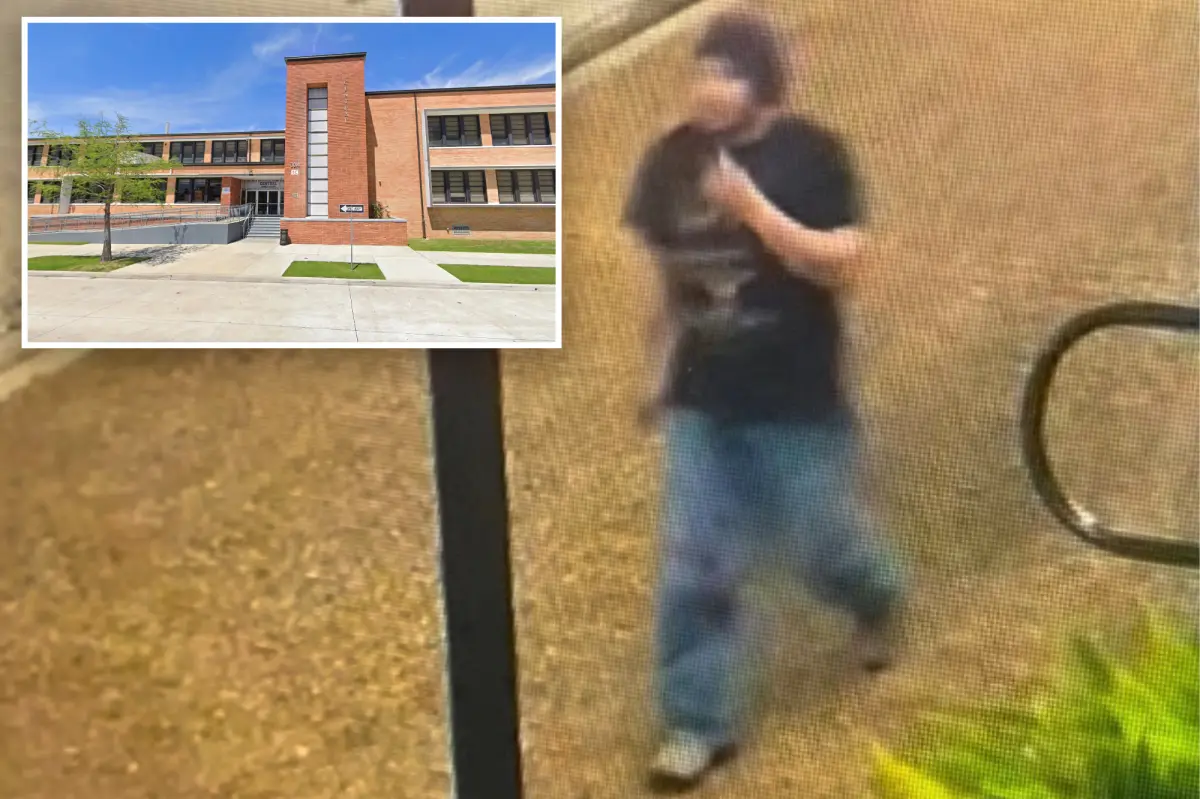Copyright breitbart

The government of Ukraine confirmed on Wednesday that it is shutting down its embassy in Havana, Cuba, in response to the Communist Party offering thousands of mercenaries to Russia to participate in the ongoing invasion of its territory. Ukraine also joined a small but growing group of pro-freedom nations at the United Nations on Wednesday, voting against the annual symbolic resolution condemning the United States for limiting business with Cuba in recognition of the human rights atrocities committed by the Castro regime. Cuba annually spearheads an effort condemning the “embargo” at the U.N., which does not in any meaningful way exist, as the U.S. embassy regularly reiterates. Ukrainian Foreign Minister Andrii Sybiha explained the vote in defense of the United States as a protest against Cuba’s consistent support for the slaughter of Ukrainians by Russian forces and its offering of cannon fodder for full-scale invasion. Ukraine and Cuba had maintained nominal relations since the independence of Ukraine and fall of the former Soviet Union in the 1990s. Sybiha, in his explanation of the United Nations vote, affirmed that Kyiv would extract its diplomats from Cuba and downgrade relations with the communist regime. “We remember Cuban President’s wish of ‘success’ to Putin in his war of aggression against Ukraine. We heard it well. This year, we decided to close our embassy in Havana and downgrade our diplomatic ties,” Sybiha explained. “Our vote is not against the Cuban people — we respect their right to live in prosperity. It is against the inaction of Cuba’s authorities in response to massive recruitment of Cuban citizens to the Russian occupation army.” Sybiha noted that, according to Ukrainian intelligence, the Castro regime has sent “thousands” of Cubans to the Ukraine war theater on Russia’s behalf. “Thousands of them have signed contracts, joining the ranks of soldiers directly engaged in combat operations on Ukrainian soil,” he explained. “The unwillingness of Havana to stop massive deployment of its nationals in the Russian war against Ukraine constitutes complicity in aggression and must be condemned in the strongest terms. Ukraine will always oppose such a practice and defend the purposes and principles of the U.N. Charter.” The head of President Volodymyr Zelensky’s office, Andriy Yermak, separately condemned Cuba for having “become a strategic asset for Russia” on the Ukrainian battlefield, “actively supporting its war of aggression against a sovereign European nation.” “This isn’t about the Cuban people;” Yermak emphasized, “it’s about countering authoritarian expansion. Cuban regime must change its destructive policies.” Seven nations, including the United States, voted against the symbolic United Nations resolution in defense of the Communist Party of Cuba. In addition to Ukraine, Hungary, Argentina, Paraguay, and North Macedonia supported America, as well as Israel. Traditionally, only Israel votes annually against the U.N. embargo condemnation, indicating a rise in successful diplomacy by the United States at the U.N. under President Donald Trump. In addition to the countries that voted against the resolution, a host of others abstained from the vote, including Albania, Ecuador, Romania, and Latvia. American Ambassador to the U.N. Mike Waltz thanked Ukraine specifically for changing its vote to condemn the Castro regime. “The United States welcomes Ukraine’s bold stand against the brutal Cuban regime’s sham resolution at the U.N.,” he said in a message on the social media site Twitter, adding that “dozens of European countries hypocritically voted with Cuba” despite evidence that Cuba plays an active role in the Ukraine invasion. The Ukrainian government has for over a year presented evidence of mass scale importing of Cuban mercenaries to support Russia’s invasion of the country. In July 2024, a captured Cuban man, Frank Jarrosay, sat down for an interview with Dr. Orlando Gutiérrez-Boronat, the coordinator of the Assembly of the Cuban Resistance and a Breitbart News contributor. Jarrosay described himself as a music teacher by trade who had answered an advertisement for a construction job abroad. Upon landing from his flight in Cuba, he found himself in Russia, forced to train to fight. Jarrosay was captured when, fearing an explosion, he accidentally ran into a Ukrainian trench during a battle, baffling the Ukrainians. Jarrosay told Gutiérrez-Boronat that about only about 40 percent of Cubans fighting in Russia knew why they were there and supported the war effort. Those who support the war overtly have been tasked with flooding Russian social media networks with propaganda in support of the invasion. Gutiérrez-Boronat applauded the U.N. vote on Wednesday — and noted, from the Cuban embassy in Kyiv, that the Cuban regime had silently abandoned its representation in Ukraine, while Ukraine had made an official declaration of the rupture in relations. “This embassy has been abandoned,” Gutiérrez-Boronat noted, “there are no Castro diplomats in there. Of course, they are entirely in favor of Russia in the aggression against Ukraine and, since they don’t have the shame to be here and face Ukrainians every day, at the same time as they send mercenaries to attack Ukraine, they cowardly left the Embassy.” Ukraine’s lawmaking body, the Verkhovna Rada, has a Free Cuba Caucus that works to build ties with the anti-communist diaspora and activists on the island. Its leader, lawmaker Maryan Zablotskyy, told the U.S. Congress in a hearing in September that Ukraine’s intelligence officers believe Cuba has provided “at least 20,000 Cubans” to the war effort. He spoke at the hearing alongside Ukrainian military intelligence spokesman Andriy Yusov, who corroborated that report. “Cuba is ranked at the top of the list of sources of foreign mercenaries. Currently our good intelligence tells us about 20,000 people from Cuba who have already filled out the documents and have been recruited to fight for Russia,” Yusov affirmed, noting that the Cuban role in the war is a human rights atrocity for both Ukraine and Cuba. “It is beneficial for Putin’s regime to attract Cuban mercenaries,” he explained. “If a foreigner dies, there are no social payouts and no responsibilities. There are no relatives inside Russia to make unhappy with the war and, of course, less dead Russians and, of course, propaganda method about global support of Putin’s war.” Follow Frances Martel on Facebook and Twitter.



